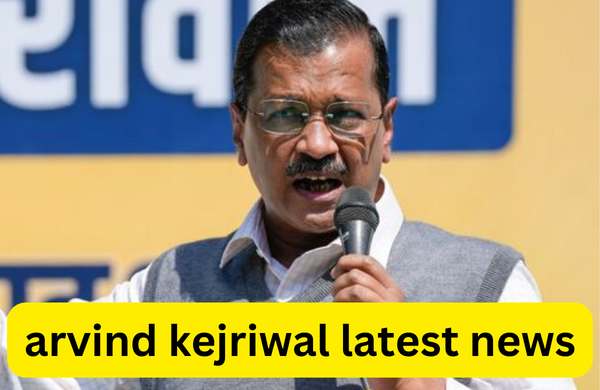Certainly! Let’s dive into the latest developments surrounding Arvind Kejriwal, the Chief Minister of Delhi, who has been making headlines recently.
Kejriwal was arrested by the Enforcement Directorate (ED) on Thursday night in connection with the Delhi Liquor Policy Case, which has been a topic of intense debate and scrutiny. The policy, which was later scrapped, has been at the center of a larger controversy involving allegations of corruption and money laundering.

The ED has accused Kejriwal of being the “kingpin & key conspirator” in the case, claiming that he sought Rs 100 crore for election funding. This has led to a significant uproar, with the Aam Aadmi Party (AAP) staging protests and moving the Supreme Court for an urgent hearing after the Delhi High Court declined to grant immediate protection to Kejriwal.
AAP supporters have been vocal in their support, raising slogans against the arrest and questioning the legitimacy of the charges. The opposition, on the other hand, has labeled the arrest as a “strategic misstep” and a “political conspiracy” by the Bharatiya Janata Party (BJP), suggesting it is an attempt to undermine Kejriwal ahead of the Lok Sabha elections.
The situation has escalated with Kejriwal’s family reportedly being placed under ‘house arrest’, and AAP’s Atishi stating that the BJP wants to “crush” Kejriwal and influence the upcoming elections. The party has also expressed concerns about Kejriwal’s security while in ED custody, given his Z+ security status.
As the legal proceedings continue, with Kejriwal’s counsel rushing to the Supreme Court, the nation is closely watching the unfolding events. The outcome of this case could have significant implications for the political landscape of India, especially in the context of the upcoming general elections.
The controversy around the Delhi excise policy and Kejriwal’s arrest is not just a legal matter but also a test of the strength and resilience of India’s democratic institutions. It highlights the ongoing challenges in the fight against corruption and the importance of maintaining the integrity of electoral processes.